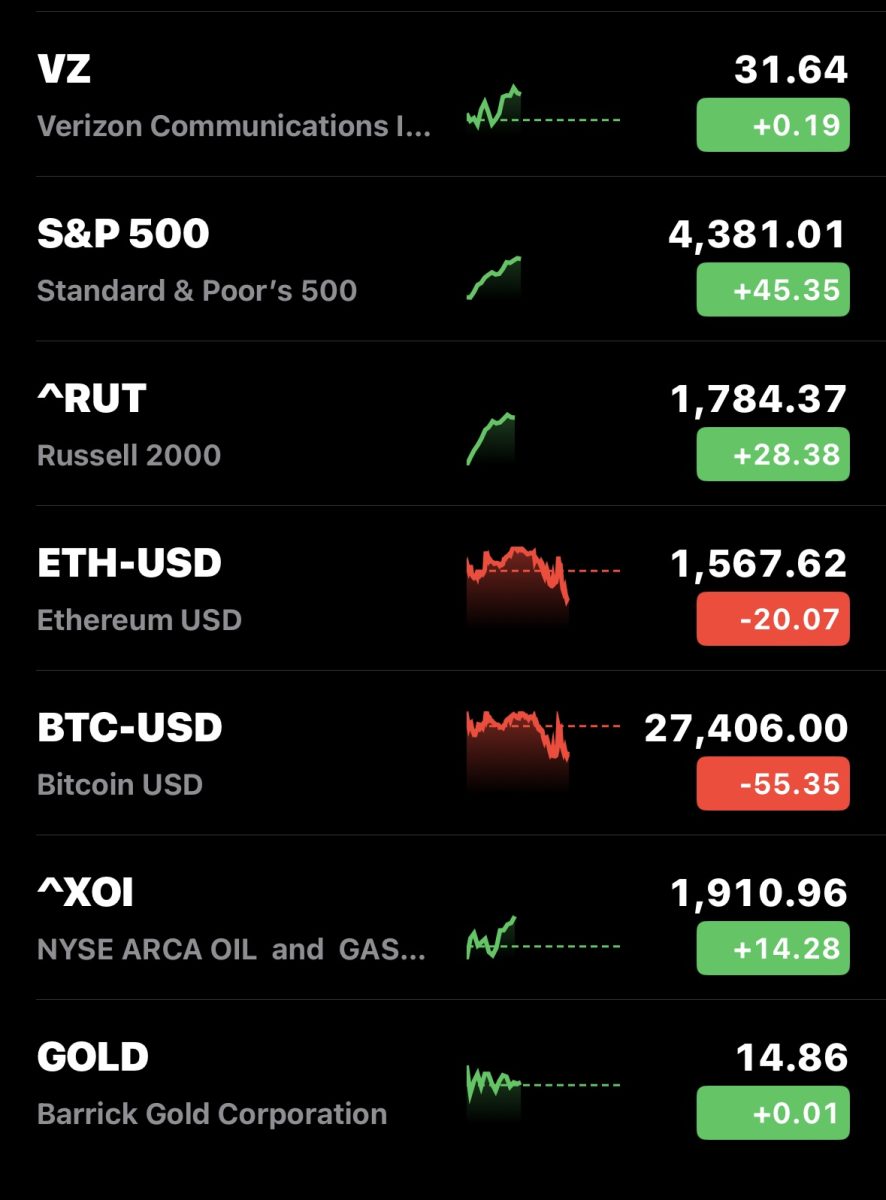The trial of Sam Bankman-Fried, the founder and former CEO of cryptocurrency exchange FTX, started this past week. Bankman-Fried was charged with securities fraud, wire fraud, money laundering and other related conspiracy charges last year after his company FTX went bankrupt. Facing a lifetime in imprisonment, Bankman-Fried and his team of lawyers are getting settled for what appears to be a long, drawn-out trial.
Born to two Stanford Law School professors, Bankman-Fried grew up in California. He graduated from MIT with a degree in physics. After working at many top trading firms such as Jane Street Capital, Bankman-Fried founded his own hedge fund called Alameda Research. Soon after, he founded FTX.
Bankman Fried was ranked the 41st richest American in the Forbes 400, his net worth a projected $24 billion dollars. At his peak, he was ranked the 60th richest person in the world.
On November 11, 2022, FTX filed for bankruptcy after a dramatic increase in customer withdrawals in FTX’s token, FTT. This shift started when Binance, the world’s largest cryptocurrency exchange, announced they were withdrawing from their agreement to purchase FTX due to its pending investigations of embezzlement and mishandling customer investments.
Quickly, evidence started to surface of Bankman-Fried’s actions. Reuters, a worldwide news agency, reported that Bankman-Fried transferred $10 billion of customer funds from FTX to Alameda to fund his own investments. Soon after, Bankman-Fried resigned as CEO.
The case is now underway with many witnesses already done testifying. Federal prosecutors are relentless in saying the FTX-Alameda empire was built entirely on lies. Bankman-Fried’s defense lawyer, Mark Cohen, is claiming Bankman-Fried acted in good faith and was only making business decisions.
Senior Achinteya Jayaram looks to the future of cryptocurrency with apprehension. “As of right now, cryptocurrency is in a huge bear market compared to its bull market in 2021. Nowadays, more than ever, whenever someone mentions the word cryptocurrency, everyone has a negative reaction towards it. The hype for cryptocurrency has passed, which is why I don’t think it has the power to become mainstream in global finance. Take a look at how it planned out for El Salvador,” he shared.
“There aren’t that many new projects that offer something enticing that will get people to invest in them, unlike before. I’ve pulled out almost all of my holdings into the various cryptocurrencies I hold and only keep a little in it just for fun,” Jayaram continued. “Given that so many exchanges are starting to go under as well, I think Americans should reevaluate their positions with cryptocurrency investments.”
Senior Jack Cabay shared a similar mindset about the future of cryptocurrency. “When crypto rose to fame a few years ago it took the nation by storm. I was really eager to see where the crypto market would go in the future and the implications it would have on the global economy, but recent events have proven that the crypto market is highly unstable,” he said.
The fall of FTX had greater impacts on the cryptocurrency industry as a whole. Many currencies such as Bitcoin and Etherum plummeted in value as users lost trust in the crypto market as a whole. The cryptocurrency industry rose in popularity very quickly and fell just as fast.
Looking to the future, cryptocurrency might be a factor in the global economy. But in light of recent events, cryptocurrency exchanges like FTX are still far from being the leaders of global finance.
















